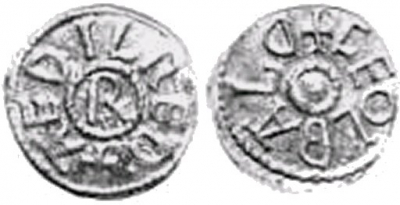Ealdorman (, Old English pronunciation: [.dormn]) was a term in Anglo-Saxon England which originally applied to a man of high status, including some of royal birth, whose authority was independent of the king. It evolved in meaning and in the eighth century was sometimes applied to the former kings of territories which had submitted to great powers such as Mercia. In Wessex in the second half of the ninth century it meant the leaders of individual shires appointed by the king. By the tenth century ealdormen had become the local representatives of the West Saxon king of England. Ealdormen would lead in battle, preside over courts and levy taxation. Ealdormanries were the most prestigious royal appointments, the possession of noble families and semi-independent rulers. Their territories became large, often covering former kingdoms such as Mercia or East Anglia. Southern ealdormen often attended court, reflecting increasing centralisation of the kingdom, but the loyalty of northern ealdormen was more uncertain. In the eleventh century the term eorl, today's earl, replaced that of ealdorman, but this reflected a change in terminology under Danish influence rather than a change in function.
Æthelred (; c. 762 – 18 April 796), was the king of Northumbria from 774 to 779 and again from 790 until he was murdered in 796. He was the son of Æthelwald Moll and Æthelthryth and possibly became king while still a child after Alhred was deposed.

 English
English  español
español  français
français  português
português  русский
русский  العربية
العربية  简体中文
简体中文 
